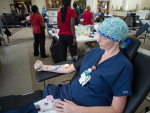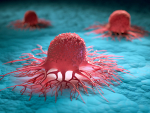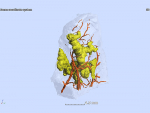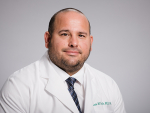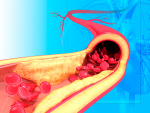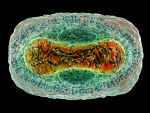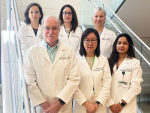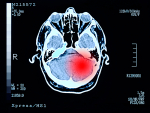Displaying items by tag: department of pathology
President Ray L. Watts, M.D., and Anupam Agarwal, M.D., dean of the Heersink School of Medicine, invite you to the Distinguished Faculty Lecture honoring Casey Weaver, M.D., recipient of the 2022-2023 Distinguished Faculty Lecturer Award.
Tagged under
Mechanistic findings in this study may pave the way for future time-restricted feeding studies in muscle, providing a natural and affordable form of alternative therapy for managing pathologies related to metabolism and obesity.
Tagged under
Even when at odds with his health, Matalon continued his academic excellence and service to the field of lung disease research.
Tagged under
The researcher says this proposal will analyze the novel concept that circadian disruption presents an additional challenge to mitochondrial function and liver health in the alcohol consumer.
Tagged under
Tagged under
The UALCAN data-mining portal at UAB has been used by cancer clinicians and researchers from more than 100 countries in their search for the molecular basis of cancer.
Tagged under
Insights that are not possible with conventional two-dimensional platforms include characterization of obliterated airways in tuberculosis and hemorrhage from ruptured blood vessels in COVID-19 lungs, at near-microscopic levels.
Tagged under
Experiments reveal that a catalytic subunit of CK2, called CK2α, is an important regulator of mouse CD8+ T cell activation, metabolic reprogramming and differentiation, both in vitro and in a mouse-infection model by the intracellular pathogen Listeria monocytogenes.
Tagged under
The funding will be used to purchase cutting-edge equipment to assist with high-containment research productivity and pandemic preparedness at UAB.
Tagged under
Tagged under
The funding from the Norma Livingston Ovarian Cancer Foundation will help further ovarian cancer research to advance therapeutic treatments.
Tagged under
O’Neal Invests funds UAB investigators initiating new cancer-related projects to do key preliminary work to enable competitive extramural applications.
Tagged under
The researchers found that ARID1A-deficient bladder cancers are sensitive to combination therapies with the EZH2 inhibitor and inhibitors of PI3K, in a synergistic manner.
Tagged under
These changes, seen in a mouse model, are a likely proteome signature for reductive stress cardiomyopathy. About one in six heart failure patients shows reductive stress, according to a 2018 clinical study.
Tagged under
The creation of the division stands to help emphasize the UAB Department of Pathology’s commitment to women’s health.
Tagged under
The Council on Basic Cardiovascular Sciences, known as the BCVS, is one of the largest councils at the American Heart Association, and it is one of the largest organizations in cardiovascular sciences globally, with more than 4,700 members.
Tagged under
To facilitate gene-level queries of data from more than 10,000 cancer patient transcriptome sequences and proteomics data from 2,000 patients, researchers have developed a user-friendly cancer data analysis web platform called UALCAN.
Tagged under
For just the third time in history, a University of Alabama at Birmingham faculty member has been elected to the prestigious National Academy of Sciences.




